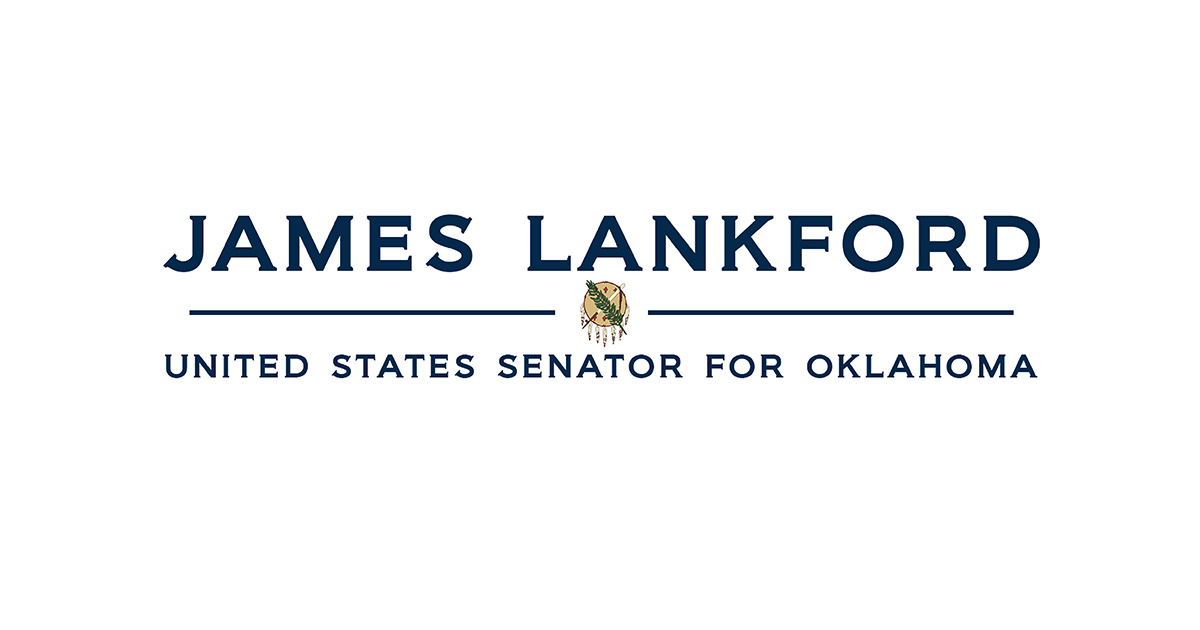Source: United States Senator for Oklahoma James Lankford
CLICK HERE to watch Lankford’s Q&A on YouTube.
CLICK HERE to watch Lankford’s Q&A on Rumble.
WASHINGTON, DC – Senator James Lankford (R-OK) today participated in a Senate Finance Committee Health Care Subcommittee hearing entitled, “Improving Health Care Access in Rural Communities: Obstacles and Opportunities.” Lankford’s questions focused on the meaningful work Oklahoma rural health care facilities provide in caring for their communities, the challenges they face, and his work to ensure they not only stay open but are able to thrive under a payment system that best suits their needs. Lankford also asked about rural health care facilities’ challenges recruiting quality providers to their locations, while specifically citing Duncan Regional Hospital’s success in creating a local pipeline for health workforce needs in that area. He also discussed the success of federally qualified health centers in Oklahoma but also highlighted their challenges within the 340B program. Lankford also asked about Direct and Indirect Remuneration (DIR) fees and their overwhelmingly negative impact on even the highest quality pharmacies in rural Oklahoma.
Lankford remains a strong advocate for addressing health care access deficiencies in rural Oklahoma and around the nation. Last week, Lankford introduced his Rural Hospital Closure Relief Act, which would support financially vulnerable rural hospitals facing risk of closure. Lankford announced a huge win late last year for rural hospital access in Oklahoma and around the nation after the Centers for Medicare and Medicaid Services (CMS) announced its Rural Emergency Hospital (REH) rule. The rule, among other things, redefined a “primary” road for purposes of establishing the distance a hospital must be from another hospital to receive CMS’ Critical Access Hospital (CAH) designation.
Witnesses at today’s hearing include Erin Aune, MBA, CRHCP, Vice President Of Strategic Programs at Frances Mahon Deaconess Hospital; Sara Rich, President And CEO of Choptank Community Health System; David Herman, MD, CEO of Essentia Health; and Mark Holmes, Director of the Cecil G. Sheps Center For Health Services Research at the University of North Carolina at Chapel Hill.
Excerpt
On Oklahoma-specific success in trying to attract rural health providers
Lankford: Oklahoma State University has had a process for a while of trying to attract people out of rural Oklahoma so that they would return to rural Oklahoma to be able to practice medicine. OU has been very aggressive in trying to be able to train physicians as well, nurses, other practitioners…
Lankford: Duncan Regional Hospital in my state has done a lot of work in partnering with local universities, even reaching into high schools, doing programs there, and then helping them through their education to be able to then return back to Duncan Regional on that…
On DIR fees driving out rural and independent pharmacies
Lankford: …On the pharmacy side of this as well. This has been one of my frustrations, and I know none of you are pharmacists in that sense, but you’re interacting with those folks in a lot of our rural settings. That local pharmacy in many areas is the only real health care professional that’s in that area. I have a lot of concerns—our Committee’s talked about this quite a lot—I’m going to continue to be able to raise the issue of the DIR fees, especially for our rural pharmacists and those independent pharmacists. Literally PBMs are driving our rural pharmacies out of business for their benefit, but not to the benefit of health care advice for many of these folks in rural areas…
On Medicare Advantage not actually offering providers to rural America
Lankford: Medicare Advantage, we have quite a few Medicare Advantage carriers that are advertising to rural America to get Medicare Advantage, people are signing up for it and finding out there aren’t actually providers in their area, and they have to travel in very long distances…that’s definitely affecting rural America as well.
###
